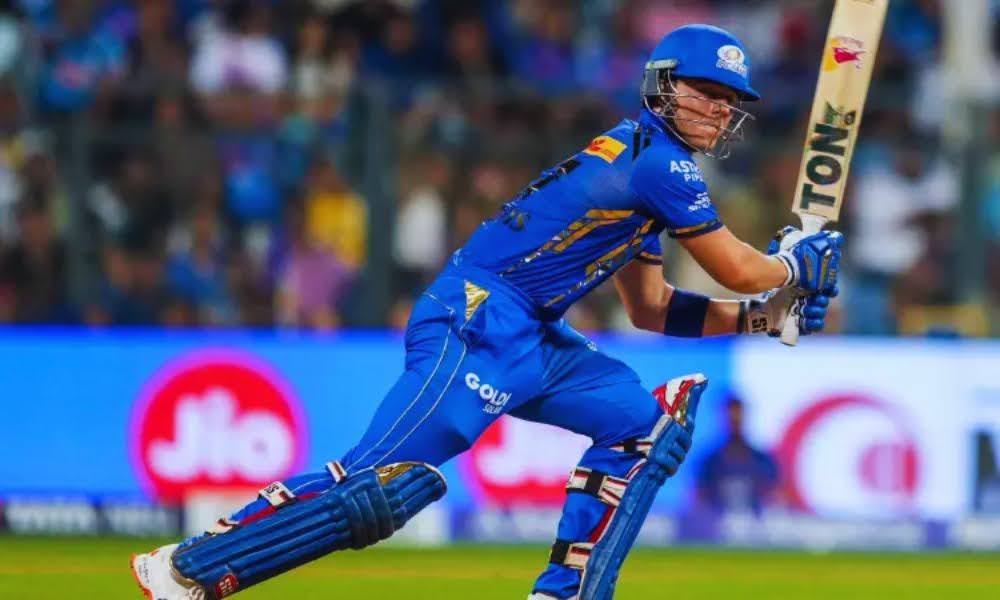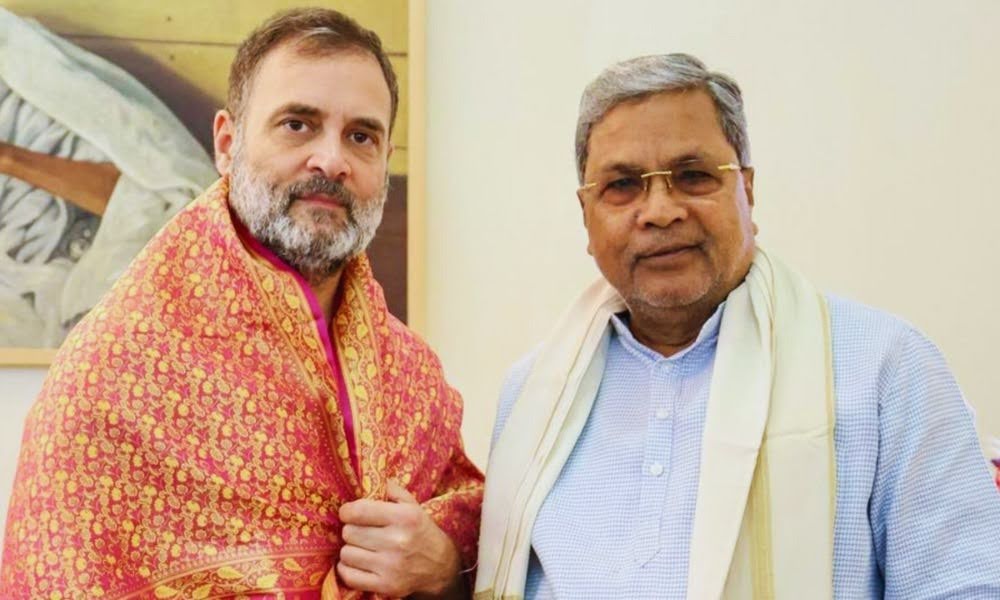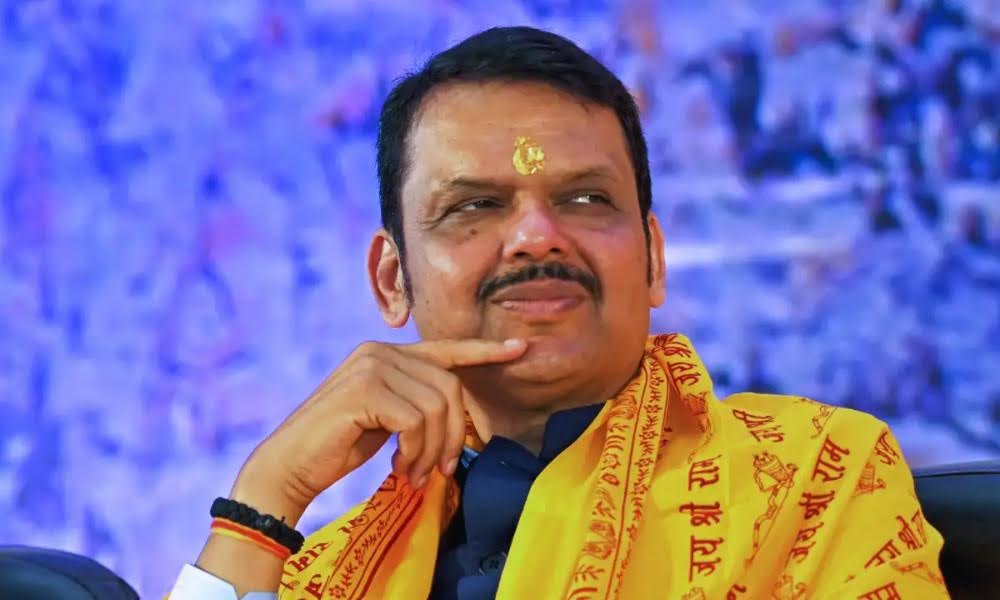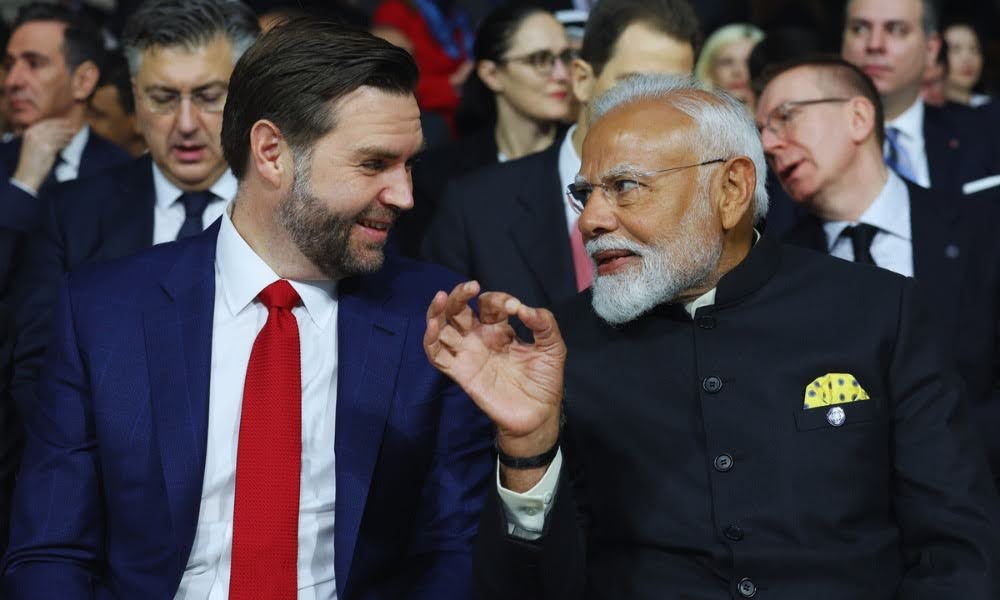President’s Rule Imposed in Manipur Amid Political Deadlock
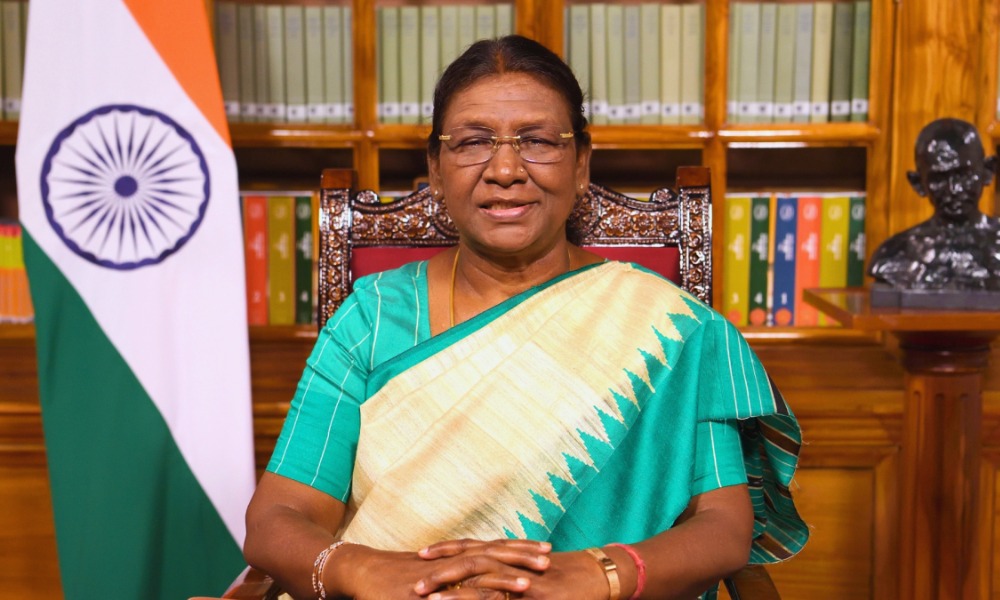
President’s Rule was imposed in Manipur on Thursday, just four days after N Biren Singh resigned as the state’s Chief Minister. This marks the 11th time since 1951 that Manipur has come under direct central rule.
The decision comes as the BJP failed to reach a consensus on Singh’s successor, leading to political uncertainty.
Reason for President’s Rule
The imposition of President’s Rule followed the lapse of the six-month period within which the Assembly was required to convene.
The Ministry of Home Affairs issued a notification stating that the Manipur Assembly, which has a tenure until 2027, was put under suspended animation.
A communique from President Droupadi Murmu’s office confirmed that after reviewing Governor Ajay Bhalla’s report and other inputs, the President was “satisfied that a situation has arisen in which the government of that state cannot be carried on in accordance with the provisions of the Constitution of India.”
Assembly Session Delay and Political Deadlock
As per Article 174(1) of the Constitution, state Assemblies must meet at least once every six months.
The last Assembly session in Manipur was held on August 12, 2024, making February 12 the deadline for the next session.
However, Governor Bhalla revoked the order convening the Budget session scheduled for February 10, just hours after Singh’s resignation on February 9.
Singh’s resignation came on the eve of a no-confidence motion and an anticipated floor test planned by the Congress during the Budget session.
His departure followed nearly two years of ethnic turmoil in Manipur, during which he faced opposition from his own party colleagues and ministers.
BJP’s Struggle to Find a Successor
The BJP-led Centre decided to impose President’s Rule after failing to reach a consensus on a new Chief Minister, despite multiple discussions led by the party’s northeast in-charge, Sambit Patra.
Patra engaged in talks with party legislators in Imphal, but no agreement was reached. Even after initial signs of progress on Tuesday, no final decision was made.
The BJP had hoped to appoint a new Chief Minister after Prime Minister Narendra Modi’s return from his U.S. visit, but the Assembly session deadline forced the Centre’s hand.
Congress Reaction to the Development
Following the imposition of President’s Rule, the Congress criticized the BJP, stating that they had been demanding such a move for the past 20 months.
The party alleged that the delay had severely damaged Manipur’s social fabric. Congress leader Rahul Gandhi remarked, “The imposition of President’s Rule in Manipur is a belated admission by the BJP of their complete inability to govern in Manipur.”
Senior Congress leader Jairam Ramesh also took to social media, stating, “Finally, what the Indian National Congress has been demanding for almost 20 months has happened. This has come after what the Supreme Court called ‘the absolute breakdown of constitutional machinery in the state.’”
Manipur’s History of President’s Rule
This is the 11th time Manipur has been placed under President’s Rule since 1951. The last instance was from June 2, 2001, to March 6, 2002, lasting 277 days.
With this recent imposition, the northeastern state once again falls under the Union government’s direct control after 23 years.
State BJP president A Sarda Devi clarified that the Assembly is under suspended animation, not dissolution, meaning it may resume once the situation improves.
Ethnic Conflict and Political Unrest
Manipur has been embroiled in ethnic violence between the Meitei and Kuki-Zo communities since May 2023. The prolonged unrest has claimed over 200 lives and left the state far from returning to normalcy.
The Congress has repeatedly accused both the state and central governments of failing to control the situation.
In November, the National People’s Party (NPP), led by Conrad Sangma, withdrew its support from the government, worsening the crisis.
Despite holding 32 seats in the 60-member Assembly, the BJP faced internal dissension, with nearly 12 of its MLAs pushing for a change in leadership.
The situation escalated when leaked audio tapes allegedly revealed Biren Singh’s involvement in instigating violence. The Congress claimed these tapes provided proof of Singh’s role in the unrest.
Forensic analyses confirmed a 93% match between Singh’s voice and the tapes, prompting the Supreme Court to seek a report from the Central Forensic Science Laboratory.
The Fallout of Singh’s Resignation
Amid mounting political and public pressure, Singh resigned, a move celebrated by the Congress as a validation of their long-standing demand.
Following his resignation, the Congress called for further action against the BJP government.
Hours after the Centre’s decision, Rahul Gandhi launched another attack on the BJP, stating, “Now, PM Modi can no longer deny his direct responsibility for Manipur.”
He questioned whether the Prime Minister would visit Manipur and present a plan to restore peace.
Manipur’s political landscape remains uncertain, with the imposition of President’s Rule highlighting the instability within the state.
While the BJP struggles to find a suitable successor for Biren Singh, the Congress continues to criticize the handling of the crisis.
As the state awaits further developments, all eyes remain on the Centre’s next move in resolving the turmoil in Manipur.



